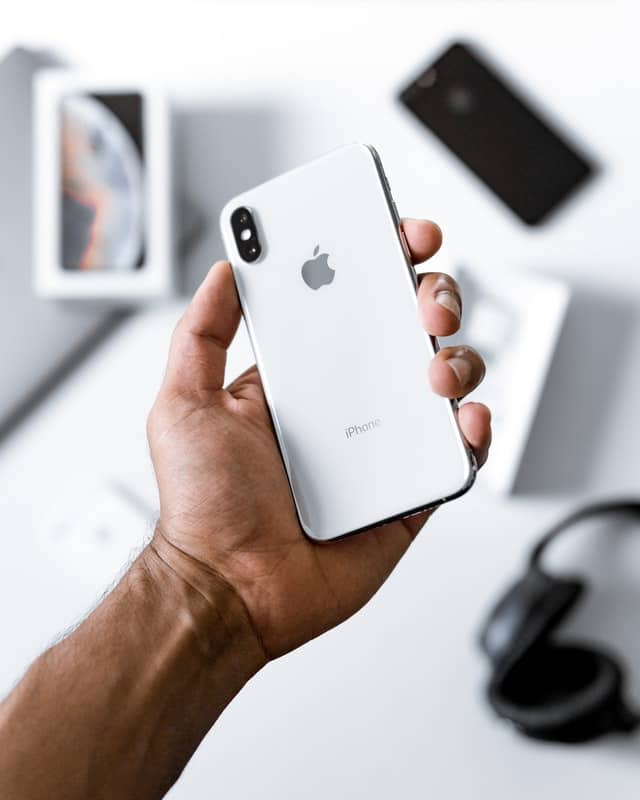Apple may be known for their seemingly ironclad data protection measures and regular security updates, but that doesn’t mean your iPhone is completely safe from viruses. While it is a rare occurrence for an iPhone to become infected, certain practices can leave you vulnerable. But, luckily, there are ways to get rid of the problem.
Can iPhones Get Viruses?
Jailbreaking, which involves bypassing security restrictions on your iPhone in order to gain more control over the operating system, has a lot of appeal. This allows a user to get apps that aren’t included in the app store, customize a greater range of functions and generally have more freedom on the device.
However, this leaves your iPhone significantly less secure and opens the door for malware and viruses to take root. And though jailbreaking gives the user the ability to download third party apps, this also means they haven’t been through Apple’s rigorous vetting process which ensures they aren’t malicious.
And just as opening an infected e-mail can compromise your laptop or desktop, the same goes for opening one on your iPhone.
How to Detect a Virus on Your iPhone
There are several signs to watch out for that could clue you in on a virus that is lurking on your iPhone. The usability of your device might take a noticeable dip, resulting in symptoms like overheating, reduced battery life or frequent app crashing. An increase of pop-ups on your web browser could also be a sign of an unwanted intruder.
Users should always be on the lookout for dramatic changes in their data usage or a big spike in their phone bill. This could be a sign that the phone is running malicious programs in the background without the user’s knowledge.
How to Get Rid of a Virus on Your iPhone
If you suspect your iPhone is infected with a virus, there are steps you can take to alleviate the problem.
First, check for unfamiliar apps or programs on your iPhone and delete anything that raises suspicion. You should also consider deleting any apps you might have downloaded around the time the virus took hold.
Delete your browsing data on Safari, especially if you’ve noticed pop-ups or adware while using the app. To do this, go to Settings > Safari > Clear history and website data.
Next, try a simple restart of your phone. If this doesn’t yield any results, you can restore your phone from an earlier back-up. It might take going back a few back-ups to find one that does not include the virus or malware.
If your phone still appears to be infected after this, you can restore the device to factory settings. To do this, go to settings > general > reset > erase all content and settings.
How to Protect Your iPhone from Viruses
There are many simple measures you can take to protect your device from viruses.
- Keep everything updated. This includes both your operating system and your apps. While constant updates can be annoying, each one contains important patches and increased security measures that ensure your data is as protected as possible.
- Don’t jailbreak your phone. While this modification is tempting, the risks involved make this practice not worth it.
- Be choosy with your apps. Aside from avoiding apps that are not on the official app store, you should also check out user reviews before downloading a new app. You can even take it a step further and read up on the developer that created the app. You’ll find this information in the app description in the app store.
- Avoid suspicious links and emails. If you’re worried about it, don’t click it!
- Be mindful of public WiFi. While you can’t avoid using public networks altogether, you can protect your data by avoiding things like online shopping or accessing sensitive information (like bank accounts) while on one.
- Download an antivirus app. If you want to take out the guesswork in virus protection, you can always download a trusted antivirus software to give you peace of mind.
Why it’s Important to Keep Your iPhone Virus Free
Most of us carry lots of important information and data on our phones. We store passwords, access bank accounts and exchange messages and phone conversations all day long. A virus could compromise not only your privacy, but also your financial and personal security. Just as we take precautions to keep our home safe and secure, we should take precautions to keep our data and information protected.
[/et_pb_text][/et_pb_column][/et_pb_row][/et_pb_section]
